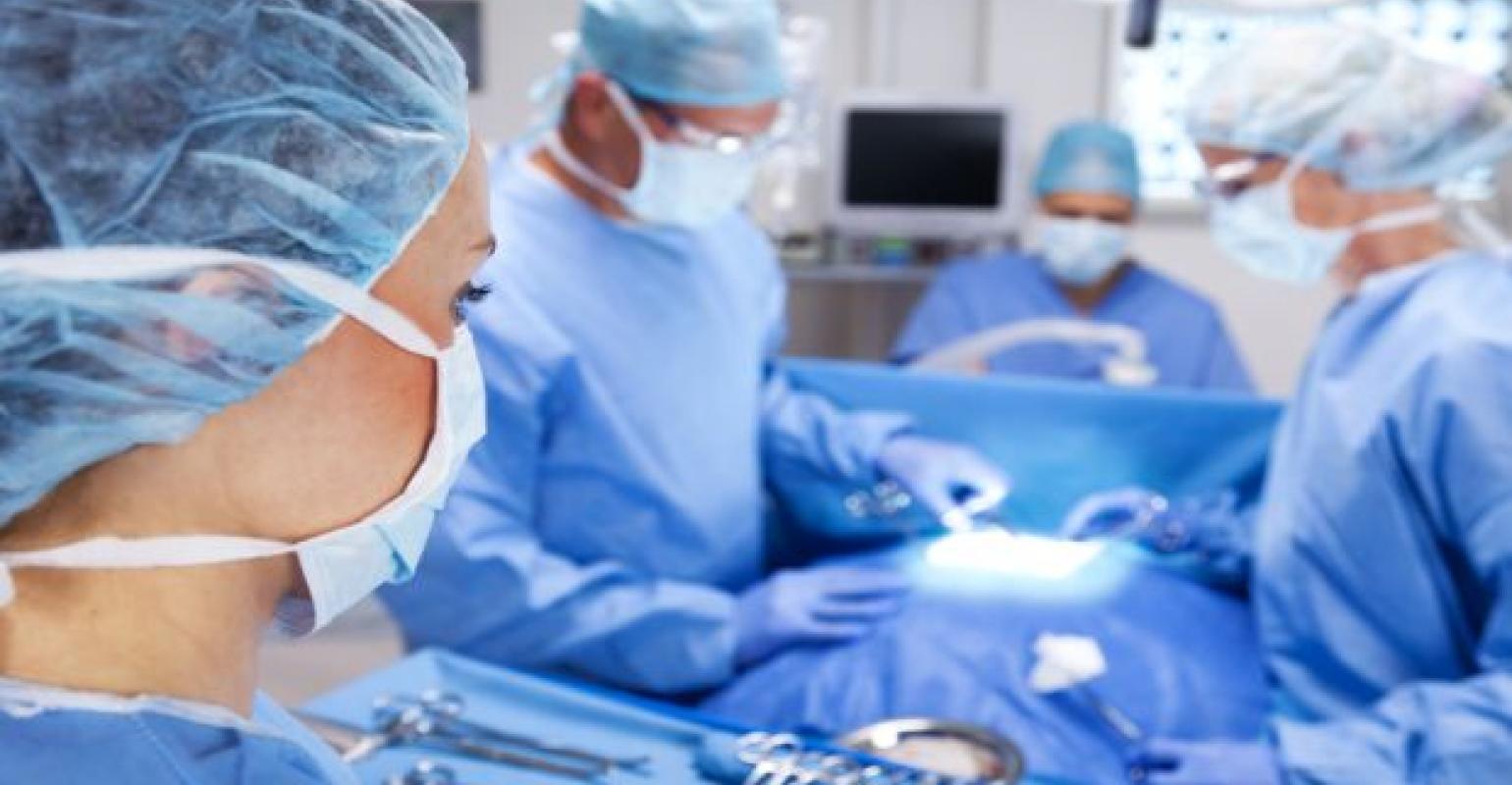Operating rooms need to be well-equipped with medical supplies so that healthcare professionals can treat patients at the best possible level. Because the operating room is a highly specialized workplace, it requires specific and high-quality equipment. Whether the room is being set up from scratch or supplies and equipment are simply being reordered, here’s a list of what every operating room should have:
Surgical Table and Accompaniments
One of the most basic yet crucial pieces of equipment every operating room needs is a surgical table and related essentials. This allows your team to perform operations confidently and efficiently. Related essentials include products for used during general, orthopedic and neurological surgeries. Besides for the surgical table, it’s best to also have a Mayo stand for keeping additional specialist equipment on.
Clamps
Clamps are a fundamental necessity for any operating room. They instantly attach to any table or bed, allowing armboards, IV poles and anesthesia screens to be readily available.
There are two types of basic clamps: round-post and flat-blade.
Equipment Covers
It’s important that equipment is kept as clean and sterile as possible. That’s why equipment covers are required in every operating room. Most covers are sterile plastic with an elastic opening that may be adjusted to fit all equipment sizes.
Anesthesia Screens
If patients require sedation that still keeps them conscious, then you’ll need to ensure the operating room is well stocked with anesthesia screens. It can be overwhelming or shocking for the patient to see surgical equipment in the room, but this can stop the patient from feeling intimidated or scared. Not only this, anesthesia screens can be useful for infection control.
Patient Transfer Devices
Patient transfer devices make it easier to lift a patient, and is particularly beneficial if they’re severely wounded or in pain. Surgical stretchers are often utilized prior to and post surgical procedures, since they help patients stay comfortable while remaining accessible to the surgeon. For heavier patients, air-assisted transfer devices may make it easier. Some patients may bring with them an overnight bag to keep supplements or prescription pills such as fish oil capsules or blood pressure tablets. These should be kept in a separate container, out of the operating room.
Personal Protective Equipment
Personal Protective Equipment (aka PPE) is typically disposable equipment that surgeons need to wear before entering the operating room. Wearing PPE apparel prevents the spread of infections and diseases, and keeps contamination at bay. Surgical gloves, masks, and hats are all either disposable or will be washed and sterilized before its next use.
Cushions, Table Pads & Mattresses
Every new patient should be made to feel as comfortable as possible when entering the hospital for surgery. Many standard surgical table pads also include a supportive urethane core and Lectrolite cover that makes them easy to clean. For enhanced pressure management and superior comfort for patients who are in extreme pain, mattresses with extra padding may be required.
Lighting
Getting the lighting right is absolutely vital in an operating room. Many rooms use one main light, with a few supporting exam lights if precision work is needed. Some surgeons may prefer to wear a headlight in some cases. LED lighting is typically used in operating rooms, because it gives a superior white color and emits less heat into the room.
Sterilization & Cleaning Equipment
Sterilization and cleaning equipment such as disinfectant wipes don’t necessarily need to be kept within the operating room, but these germicide cleaners are needed to keep the room as clean as possible. Though the room is cleaned regularly, it may also need some extra cleaning throughout the day as patients come and go to keep the risk of infection at a minimum.
Emergency Power Back-Ups
In an emergency situation, when the power goes out, healthcare buildings such as hospitals are the most vulnerable. This is why an emergency power back-up such as a generator is vital. No matter what’s going on in the hospital around you, it’s always important to keep back-up units in the operating room so there’s power when needed.






